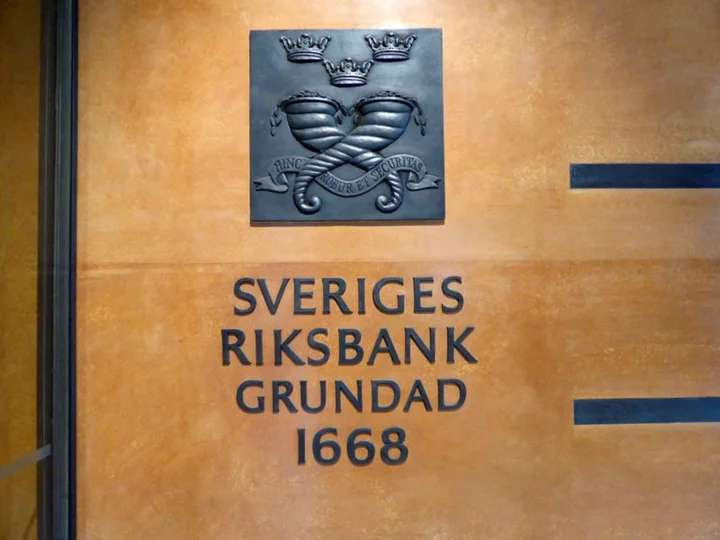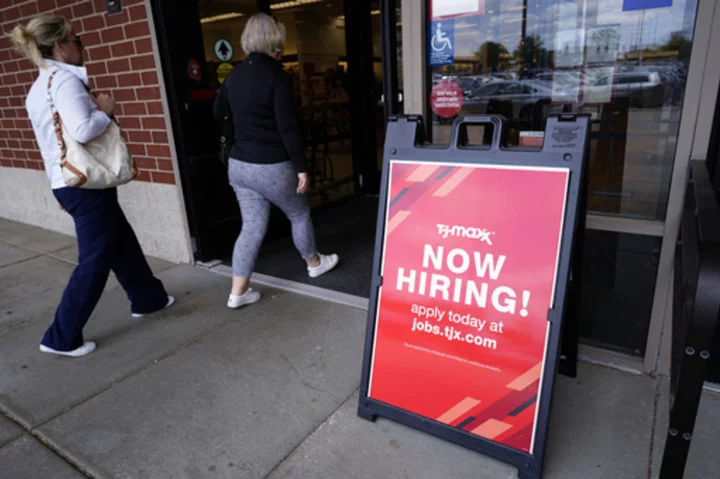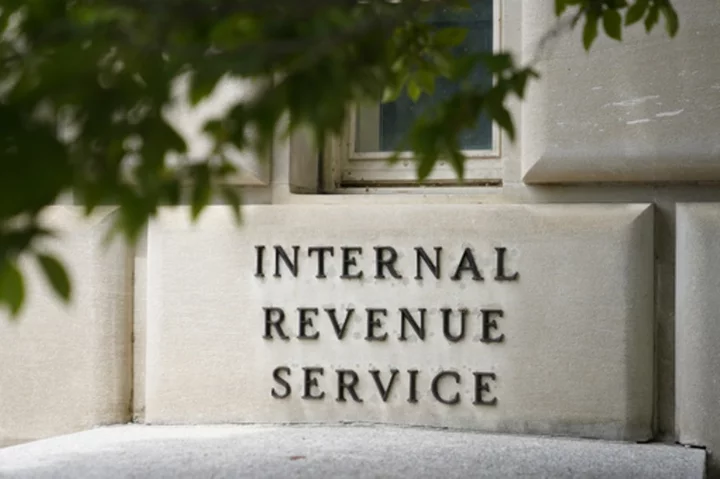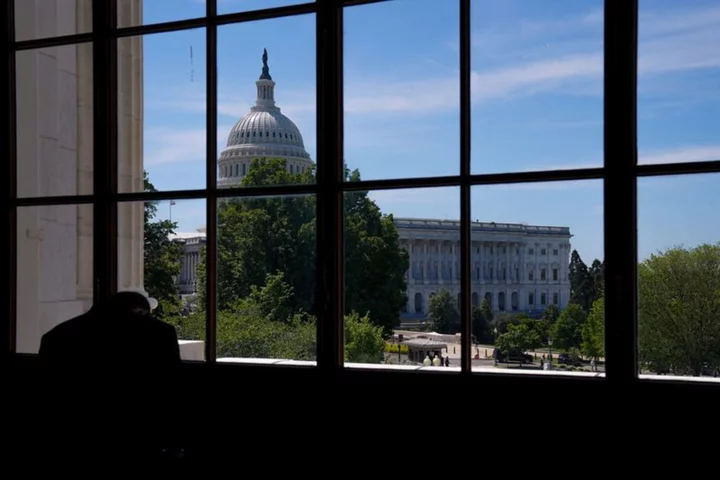By Simon Johnson
STOCKHOLM (Reuters) -Sweden's central bank raised its key policy rate by a quarter percentage point to 4.00%, as expected, on Thursday and said it might need to do more to bring inflation back to its 2% target.
The Riksbank has now increased the policy rate at eight consecutive meetings to fight a surge in inflation that peaked at more than 10% in December last year.
Headline inflation stood at 4.7% in August, still well above the 2% target.
"Developments are thus going in the right direction, but inflationary pressures in the Swedish economy are still too high," the central bank said in a statement.
"The forecast for the policy rate indicates that it could be raised further."
The policy announcement was in line with expectations in a Reuters poll.
The Riksbank also announced it had decided to hedge part of its foreign exchange reserves. It believes the Swedish currency is undervalued.
The crown strengthened on the news.
IS THE CYCLE OVER?
The Riksbank faces a dilemma.
Rapid rate hikes have brought down inflation and slowed growth. The economy is expected to be among the worst performers in Europe this year.
Many households are already struggling with higher mortgage payments. House prices have tanked and some commercial real estate firms face problems rolling over debt, raising concerns about financial stability.
But ending the tightening cycle too early could lead to inflation becoming entrenched, making it harder for the Riksbank to get it under control again.
The Swedish crown recently hit record weak levels against the euro, increasing prices on imported goods.
"We still look for the Riksbank to finish their hiking campaign with a final hike in November," Swedbank said in a note.
The European Central Bank has signalled an end to hikes while on Wednesday, the U.S. Federal Reserve left its benchmark rate unchanged but said it may still be lifted one more time this year.
The Riksbank said it would increase the number of policy meetings it holds to eight from five each year.
"More meetings makes it easier for the Riksbank to more rapidly adapt monetary policy to the prevailing situation and communicate a coherent view on economic developments more often," Governor Erik Thedeen said in a statement.
(Reporting by Simon Johnson and Johan Ahlander; additional reporting by Terje Solsvik, Niklas Pollard and Anna Ringstrom; editing by Niklas Pollard and Christina Fincher)









